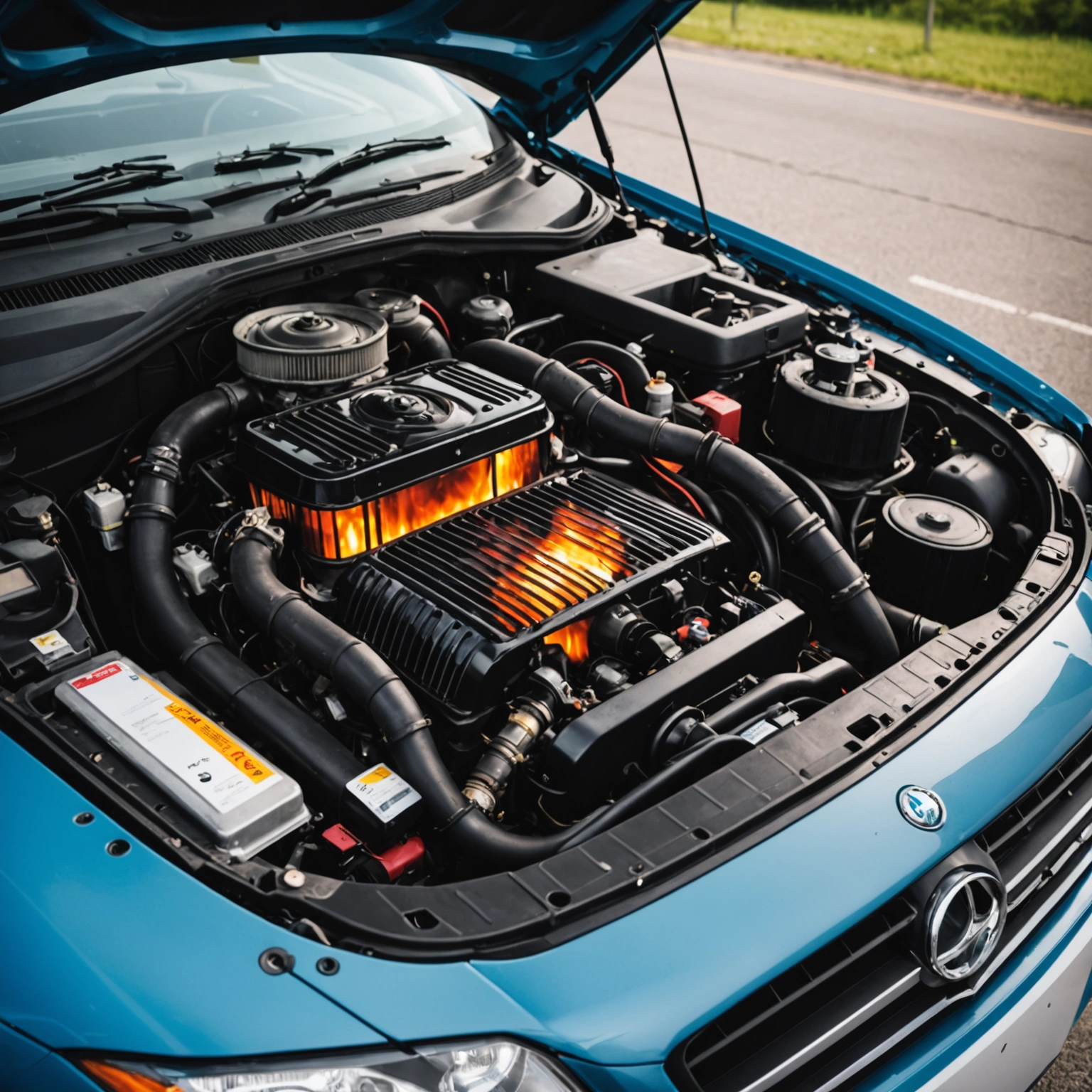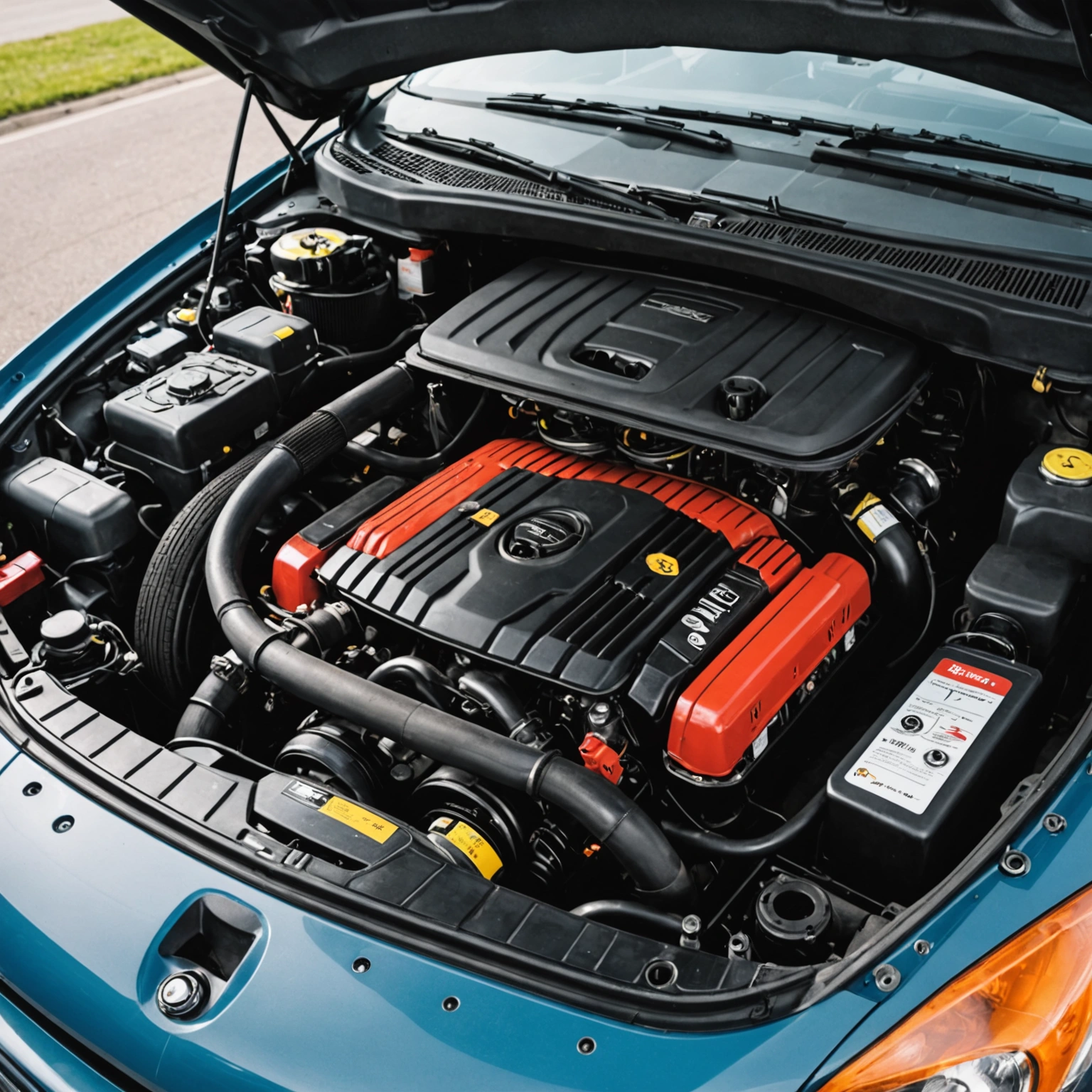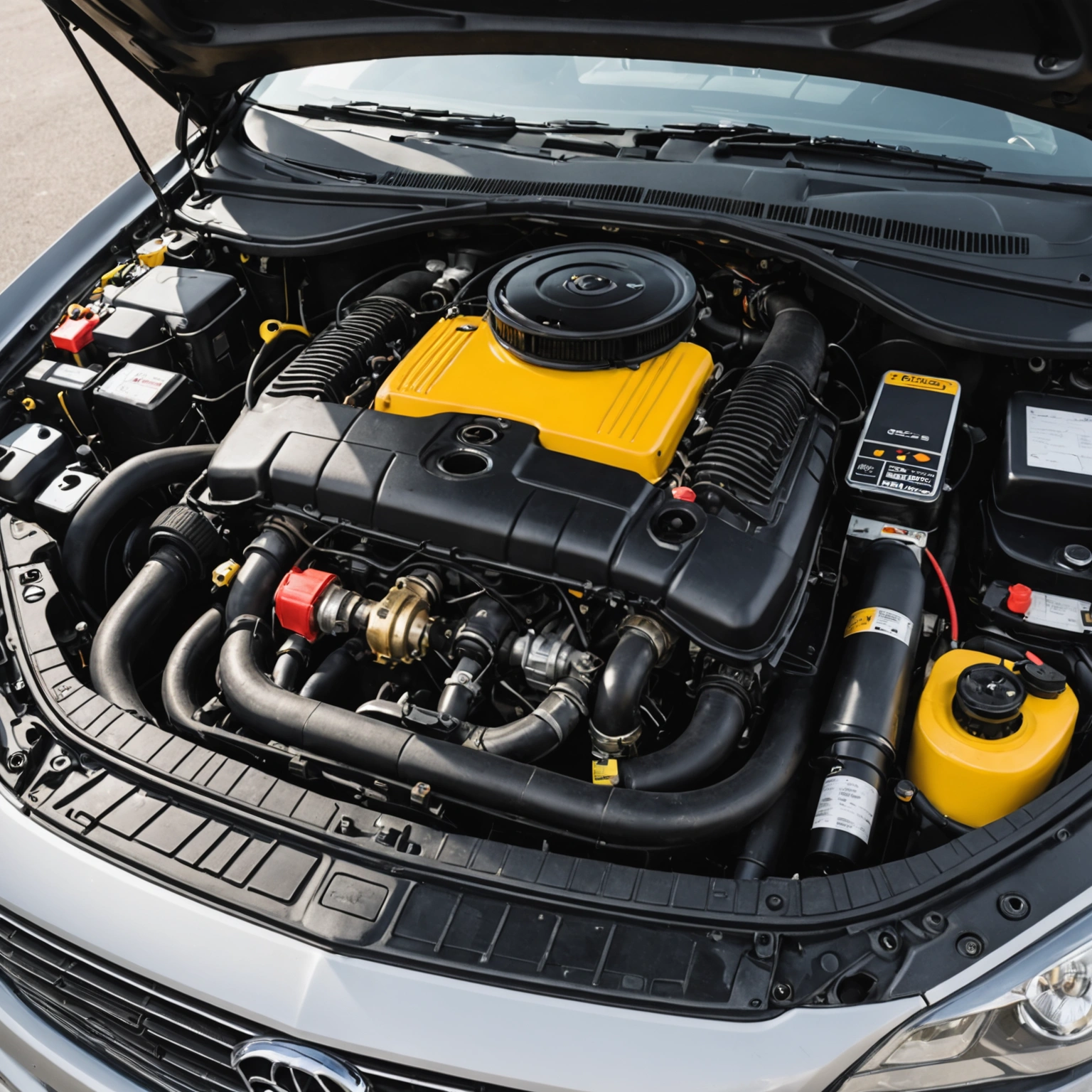**Why Does My Car Keep Overheating? Understanding the Causes and Solutions**
Experiencing your car overheating can be alarming and disruptive. Overheating not only puts your engine at risk but can also lead to costly repairs if not addressed promptly. But what exactly causes a car to overheat, and how can you prevent it? Let’s explore the common reasons behind this issue and what steps you can take to keep your engine running cool.

### Common Causes of Car Overheating
1. **Low Coolant Levels**

– Coolant, also known as antifreeze, circulates through the engine to absorb heat and prevent it from overheating. If the coolant level is low—due to leaks, evaporation, or improper maintenance—the engine’s temperature can spike.
2. **Cooling System Leaks**

– Leaks in hoses, the radiator, water pump, or radiator cap can result in coolant loss, reducing the system’s ability to regulate temperature effectively.
3. **Thermostat Malfunction**

– The thermostat controls when coolant flows through the engine. A stuck closed thermostat prevents coolant circulation, causing the engine to overheat.
4. **Radiator Issues**
– A clogged or damaged radiator impairs heat dissipation. Debris, corrosion, or internal blockages can reduce the radiator’s efficiency.
5. **Water Pump Failure**
– The water pump circulates coolant throughout the engine. If it fails, coolant flow ceases, and the engine quickly overheats.
6. **Broken or Loose Belts**
– The belt that drives the water pump or cooling fan can become worn or loose, reducing the system’s ability to cool the engine effectively.
7. **Cooling Fan Problems**
– Electric or mechanical cooling fans help dissipate heat from the radiator. Faulty fans or sensors can prevent proper cooling, especially at idle or low speeds.
8. **Blocked or Damaged Radiator Cap**
– A faulty radiator cap can cause pressure imbalances, leading to coolant loss or boil-over, which can result in overheating.
9. **Engine Oil Issues**
– Oil lubricates engine components and helps with heat dissipation. Low or degraded oil can lead to increased engine temperatures.
10. **External Factors**
– Extreme weather conditions, heavy towing, or driving in hilly terrain can put extra stress on your cooling system, increasing the risk of overheating.
### Preventive Measures and Solutions
– **Regular Maintenance**
– Check coolant levels regularly and top up as needed.
– Schedule periodic cooling system flushes and inspections to remove debris and corrosion.
– **Inspect for Leaks**
– Look for signs of coolant leaks under your vehicle or around hoses and radiator.
– **Monitor Temperature Gauge**
– Keep an eye on your dashboard temperature gauge; if it approaches the red zone, pull over safely and investigate.
– **Replace Faulty Components**
– Replace a malfunctioning thermostat, water pump, radiator cap, or cooling fan as needed.
– **Check and Replace Belts**
– Ensure belts driving the cooling system are in good condition and properly tensioned.
– **Drive Responsibly**
– Avoid excessive idling or towing beyond your vehicle’s recommended capacity, especially in hot weather.
### When to Seek Professional Help
If your car continues to overheat despite basic maintenance, or if you notice signs like steam from under the hood, a sweet smell indicating coolant leaks, or engine warning lights, it’s crucial to have your vehicle inspected by a qualified mechanic. Overheating can cause significant engine damage, such as warped cylinder heads or blown head gaskets, if not addressed quickly.
—
**In Summary**
Overheating is often caused by issues within the cooling system—be it low coolant, leaks, faulty thermostats, or damaged components. Regular maintenance, vigilant monitoring, and prompt repairs can help prevent overheating and extend the life of your engine. If your car keeps overheating, don’t delay—consult a professional to diagnose and fix the problem before it leads to costly repairs.
Stay cool on the road!

